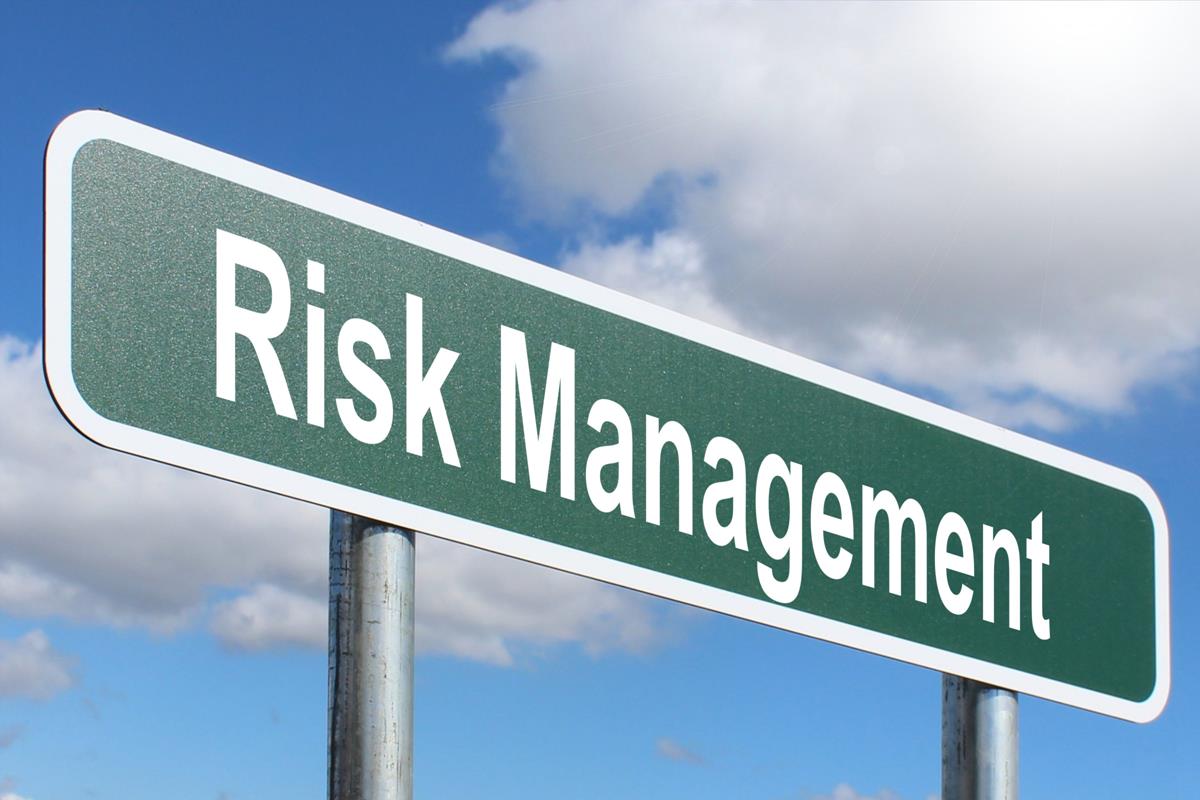
Risk Management in Projects – Why Companies Need to Identify All Potential Risks

Each time a company tackles a new project, the goal is for it to be successful, of course. There is plenty of thought and planning that goes into each project, steps are often clearly laid out, milestones are set, and tracking mechanisms are put in place. But before the project even gets off the ground, one step that should also be included is risk management. Unfortunately, all too often, risk management is forgotten about, and not given any thought until the unexpected happens and suddenly your project veers off course.
Here we’ll take a look at what risk management is, why it’s important, and how you can ensure that it is put in place at your company.
What is Risk Management?
A risk manager or risk management specialist performs a very important job in your company. They are able to look at projects and identify potential risks that can jeopardize the cash flow for the company and risks that can cause the insurances rate for the company to increase. Their job is to look at how various actions and plans affect the bottom line.
After assessing the risk, they are also able to create and then implement plans that will minimize those risks and the potential issues they pose to the company’s cash flow.
Risk management is a very analytical task wherein all kinds of factors and information are weighed in the final decision. Besides the financial aspect, they can also help identify potential risks to company security, safety, and even the company’s reputation.
Why is Risk Management Important?
As soon as you start looking at the various duties of a risk manager it becomes quite clear just why this job is so important. Not only will the company have a plan in place should the unexpected happen, but the idea is that you can help eliminate as many of those unexpected events as possible. Having a comprehensive risk management plan in place can literally save the company’s future.
Any risk management plan needs to answer a few key questions. It needs to identify the risk, analyze the risk, come up with a plan on how to control the risk (prevention and the recovering the loss), and then the risk treatment, meaning how the company will pay for it if something does go wrong.
How to Impose Risk Management in Your Company
The best way to ensure that risk management is taken on all projects is to go ahead and hire a risk management professional, or even a contractor. You’ll want to be sure to hire someone who is trained in all aspects of risk management, such as what the MBA online finance program at Suffolk University Boston offers.
In this program, there is an emphasis on perfecting critical thinking skills, an understanding of finance, and you will learn to develop and prioritize your problem-solving skills. All of this is necessary in order to be an effective risk manager.
Solidifying Your Company’s Future
So, when it comes to solidifying your company’s future, and really giving it the best chance of success, having a risk management plan in place is essential.

James Daniels is a freelance writer, business enthusiast, a bit of a tech buff, and an overall geek. He is also an avid reader, who can while away hours reading and knowing about the latest gadgets and tech, whilst offering views and opinions on these topics.
Website & Email Hosting
Get the best website & email hosting for speed, security, and peace of mind. No restrictions. Freedom to do what you need in order to run your business.




No comments yet